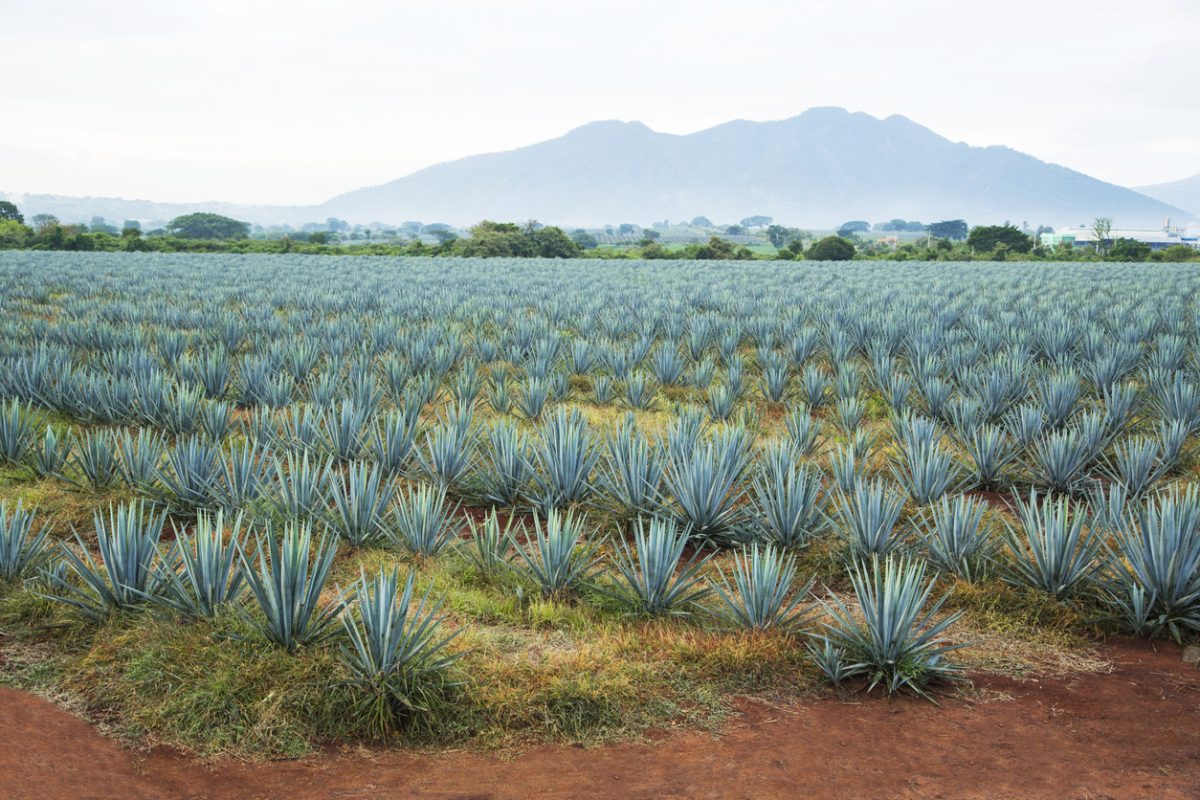A recent report from drinks market analysis company, IWSR, has predicted growth in lesser-known Mexican spirits such as raicilla and sotol.
This comes at a time when the most popular Mexican spirit, tequila, is reaching unprecedented levels of popularity – drawing greater attention to the category as a whole, while bringing its own set of challenges.
Indeed, the general agave spirit category experienced volumes increase by 18 per cent in 2021, following a volume CAGR growth of six per cent between 2014 and 2019. IWSR is also predicting further volume growth of seven percent CAGR between the years of 2021 and 2026.
While tequila and mezcal are of course the most dominant of these spirits, their success and increasing premiumisation has prompted brands, distributors and retailers to begin to look further at other agave spirits.
One example is raicilla, which IWSR describes has having 400 years of history, including a period of prohibition under the Spanish colonial authorities. Raicilla is made using agave, like tequila, and is also produced in the state of Jalisco (the homeland of tequila). While tequila is limited to using blue weber agave, raicilla can be made using different kinds of agave, with the location, temperature and local wild yeasts also impacting flavour.
It was only in 1997 that regulation for the spirit began to be introduced, followed by the launch of new brands with a focus on the export markets. La Venenosa raicilla was the first to market in the US in 2014, when it was created by chef Esteban Morales. This was soon followed by the Balam range of raicillas in 2016. In 2019, raicilla received its Designation of Origin (DO).
Bacanora is another spirit tipped for success by IWSR. The analysts state the spirit is ‘effectively a type of mezcal, although one that’s specifically produced in the Sonora state in Mexico.’ Like raicilla, the spirit was banned, with this prohibition only lifting in 1992. Bacanora was awarded DO status in 2000, and the first legal, premium bacanora was brought to the US 15 years later, in the form of the Puntagave brand.
And indeed, this growth is also impacting ‘agave adjacent’ spirits. One of these is sotol, a spirit made with the ‘desert spoon’ plant (a succulent similar to agave), received its DO status in 2002.
Sotol is made in the states of Chihuahua, Durango and Coahuila, but also in the US state of Texas, giving it unique cross-border appeal. DO status paved the way for the spirit to be introduced into new markets, including here in Australia.
IWSR also stressed that there ‘are a number of Mexican agave spirits that don’t conform to any existing categories: some don’t use agave plants from designated regions, or are produced outside of a designated DO. For others, the cost of certifying their mezcal, for example, with the Consejo Regulador de Mezcal, is prohibitive.’
‘As agave spirits continue to gain traction, the beverage alcohol industry can expect to see more innovation pushing the traditional boundaries and definition of this category,’ the report concluded.
Raicilla, sotol and bacanora are now available in Australia through the specialist wholesaler, Agave Lux, demonstrating the significant progress made by agave spirits over the previous decade.
Read the full report here.

